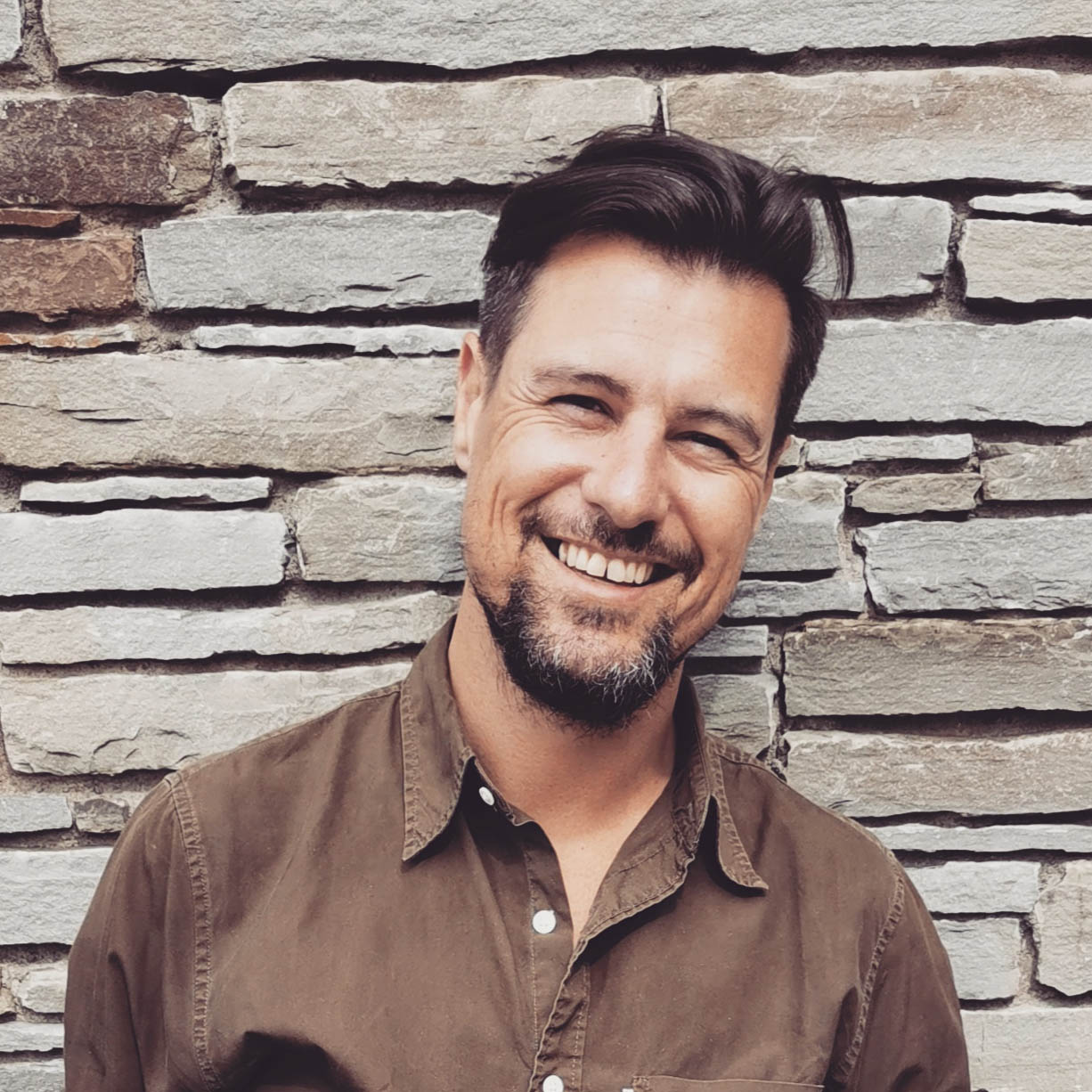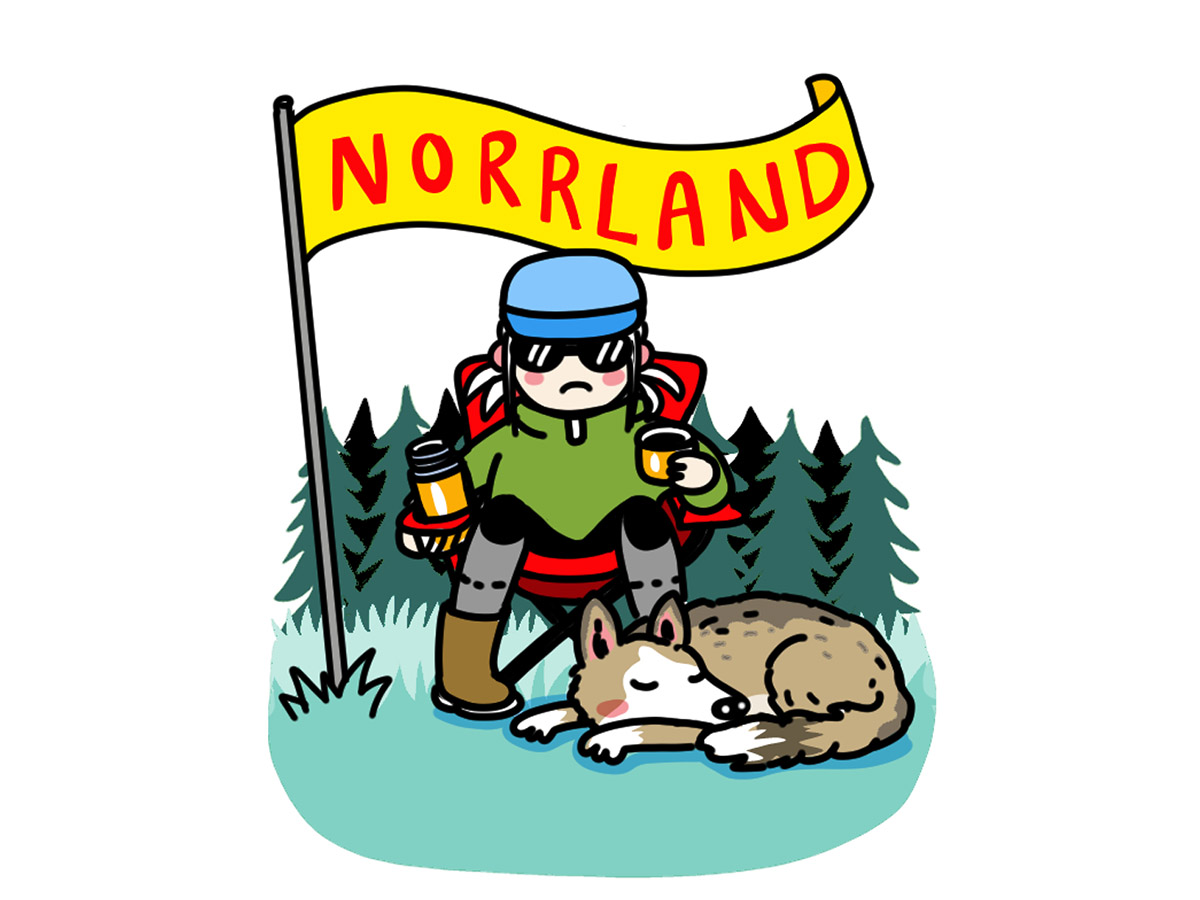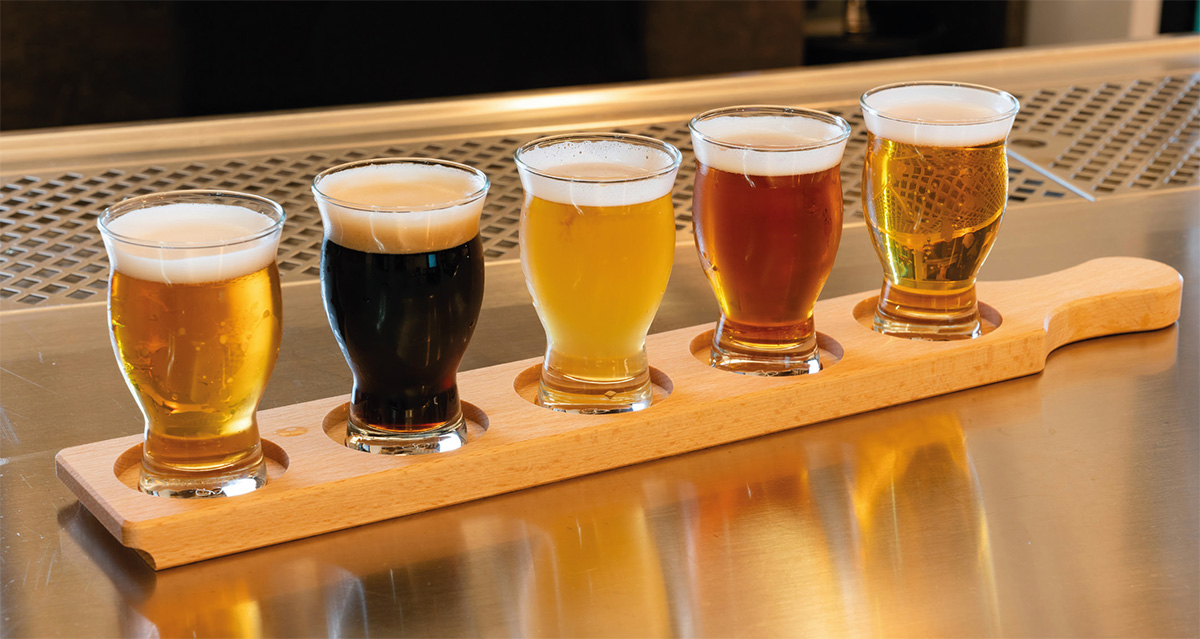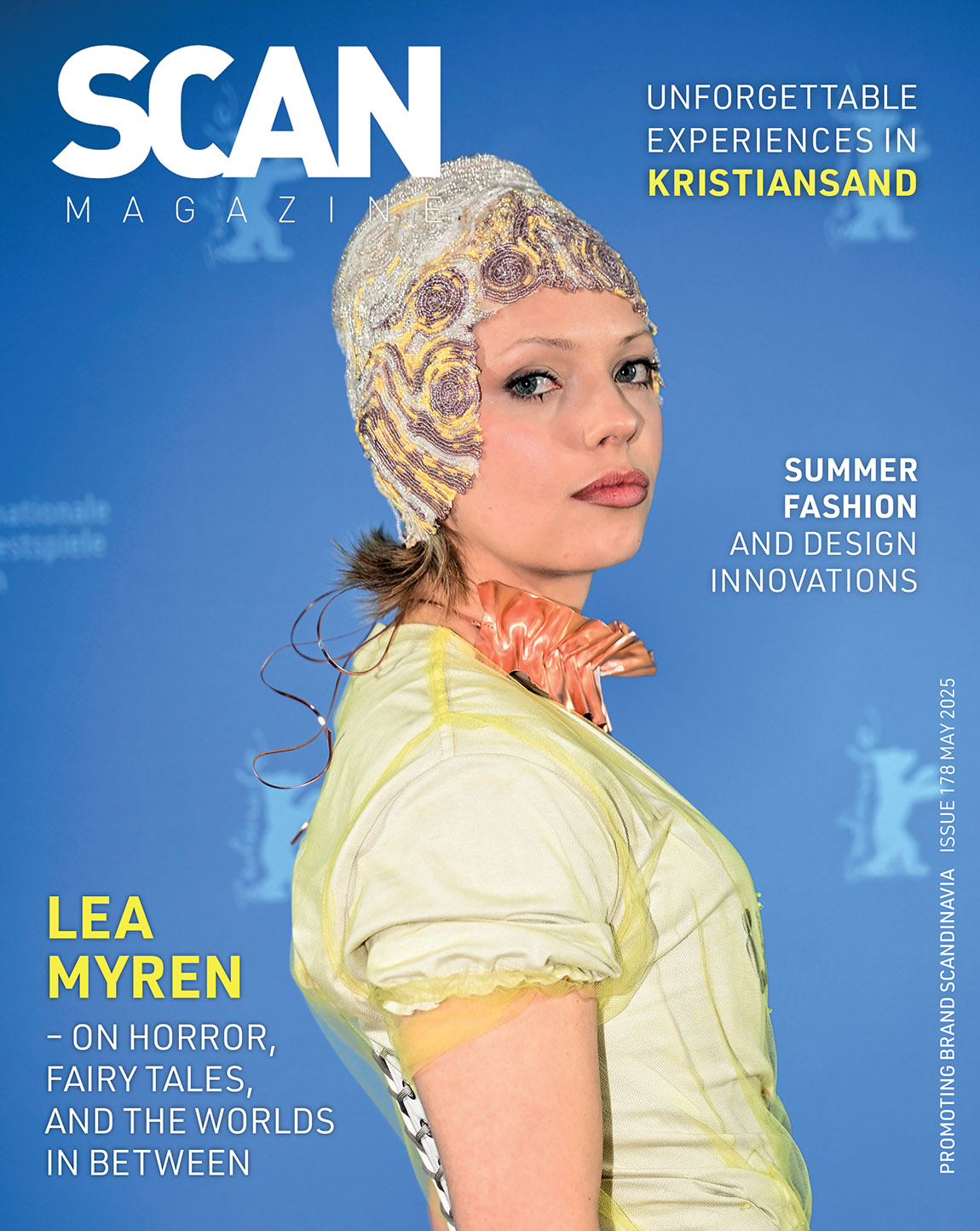Danish farming in the 21st century
Text: Signe Hansen | Photos © Dalum Academy Of Agricultural Business
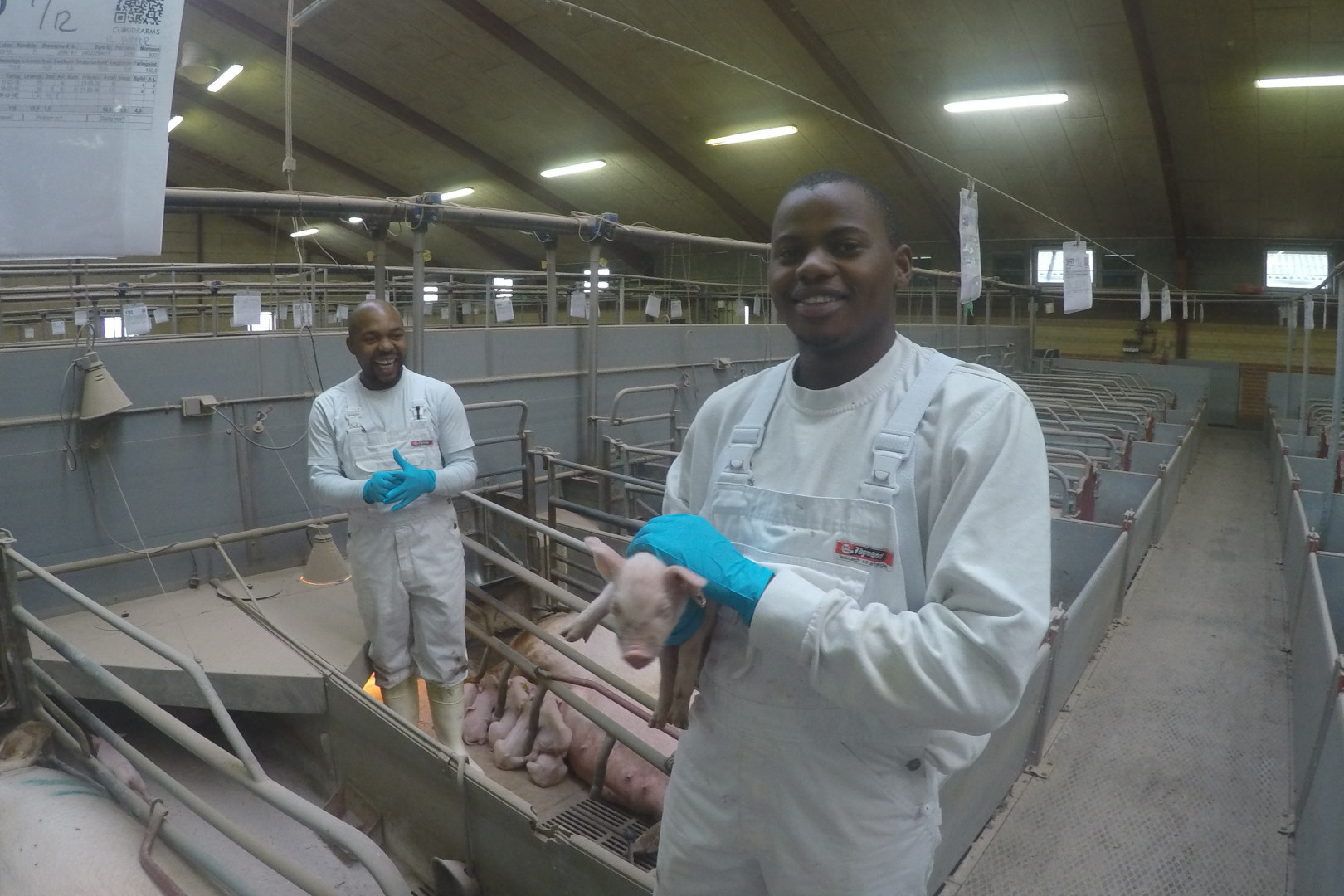
L eadership, efficiency and sustainability – farming in the 21st century is about much more than practical skills. Based on 130 years of experience, Danish standards, and global dedication, Dalum Academy of Agricultural Business is leading a new generation of farmers from all over the world into the future.
While farming has always, to some extent, been affected by international changes and demands, succeeding in today’s agricultural industry requires new levels of global insight and understanding. With more than 20 per cent of production managed by Danish farmers being performed outside of Denmark’s borders, an internationally orientated education is vital to the farmers of the future. This is why Dalum Academy of Agricultural Business not only ensures that its Danish students acquire international experience, but also works with partners all over the world to transfer and adapt the knowledge, methods, and standards of the successful Danish agricultural industry to the rest of the world.
Eric C. O. Wanscher, vice president at the academy, explains: “All over the world, Danes are owning and participating in different agricultural ventures. 20 per cent of Danish agricultural business is done abroad, and if you want employees to work abroad, you need them to be introduced to international work early on in their education,” he says. “Also, if you want to be in farm management in Denmark, it’s good to open your eyes to other production methods and, for instance, experience large-scale farming in Australia, Ukraine or Africa; it’s about an intense agricultural learning experience, but also about personal development.”
The international focus means that all students at Dalum Academy of Agricultural Business are strongly encouraged to do two or three weeks of their practical training on a European farm. On top of this, students will be introduced to the international farming community at the college, as they meet and study with the students of the international courses offered there.
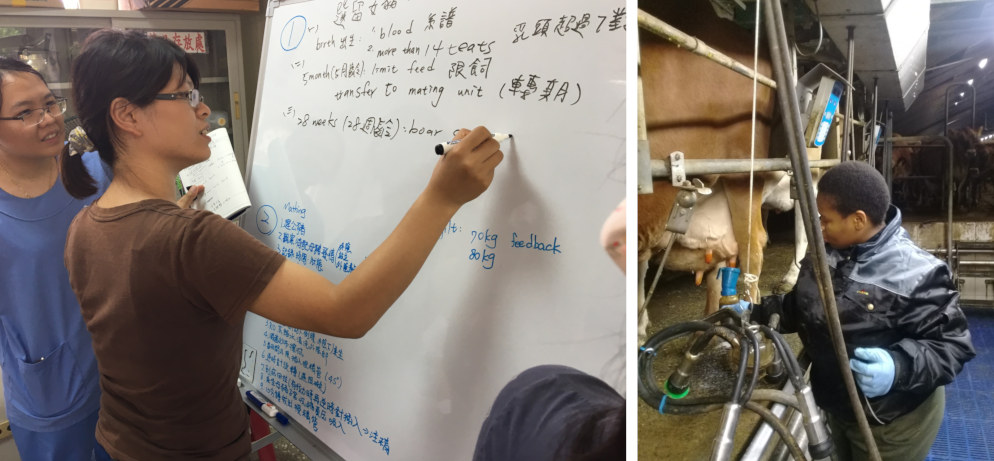
Through its many international programmes and partnerships, Dalum Academy Of Agricultural Business, Denmark’s oldest and largest agricultural college, transfers danish standards and expertise to farms and farmers all over the world.
From the past to the future
While Dalum Academy of Agricultural Business is Denmark’s oldest agricultural college, it is by no means stuck in the past. But, despite being first movers in many areas, all new ideas are implemented with respect for the college’s strong heritage. “We have a legacy going back more than 130 years, and this is something that gives us opportunities and knowledge, but also a responsibility that we have to lift,” stresses Wanscher. “We need to be sure that the things we do are correct and proper in all aspects. That’s why, while we try to be first movers on many things, it is always done with big consideration. We are very aware that our name is known politically, publicly and internationally, and there is a weighty accreditation linked to it. That’s why, when we do something or accredit a partner, we do it with great care.”
The dedication to preserving Dalum Academy of Agricultural Business’ national and international reputation also means that, whether teaching Danish or international students, the college’s training and education strictly adhere to the standards of the Danish agricultural industry. Today, this means a strong focus on circular economy, animal welfare and sustainability. “We believe that we need to look at the environmental perspective of agricultural production; we need to focus on how to do things in more sustainable ways – treat animals better and decrease the amount of medicine and antibiotics used. That’s one of the big areas,” says Wanscher. “It’s about taking small steps in the right direction, but we can see that it’s working, and that’s a cornerstone in everything we do. It makes me incredibly happy when we see that people change their production methods to better the welfare of the animals. We’ve a long way to go, but things are moving in the right direction.”

Left: Eric C.O. Wanscher, Vice president at Dalum Academy Of Agricultural Business, with a group of the college’s south african students
Efficiency in farming
This approach is also reflected in the college’s international courses, one of which is the Livestock Management programme. This is a 40-week-long course including a ten-week apprenticeship on farms where students can exchange production and management tips with experienced Danish farmers. The course was recently attended by a group of South African students, including Cebolenkosi Mahlaba, who says: “I’m learning a lot about livestock management and sustainable agriculture. What I can say about Denmark is that they don’t consider anything as waste. Like the manure, they can actually reuse it to generate energy and also for the plants and crops, so I think nothing goes to waste. Even the dead pigs are not just thrown away but reused to make energy; it’s very good.”
In addition to livestock production, management of large-scale farms and productions is a strong focus at the college. And this is, says Wanscher, one of the areas where Denmark has a lot of expertise to share. “It’s about how you run the farm on a management level; it’s not just production, but also leadership and how to work with people.”
All the courses aim to bringing maximum value to students in their individual region and are thus offered on a group basis to students from the same region.
Danish farming tailor-made to the world
Dalum Academy of Agricultural Business not only offers courses for international students at the college in Denmark, but also works with partners around the world. Operating in Asia, South America and Africa, each programme is tailor-made to transfer the knowledge relevant and applicable to the individual region. “We always tailor-make the courses and send teachers to the country to look at production and how things are done there, before we start,” explains Wanscher. “Of course, we could just show the Danish way of producing and doing things, but if you can’t transfer that to the area you are in, you are just wasting time and money. The process of transferring knowledge is the most important thing for us; that’s where the key is. We don’t believe in off-the-shelf products, or ‘one solution fits all’.”
Working with partners all over the world, Dalum has successfully transferred the Danish ‘Sandwich Model’, alternating between college education and farm apprenticeships, to many countries.
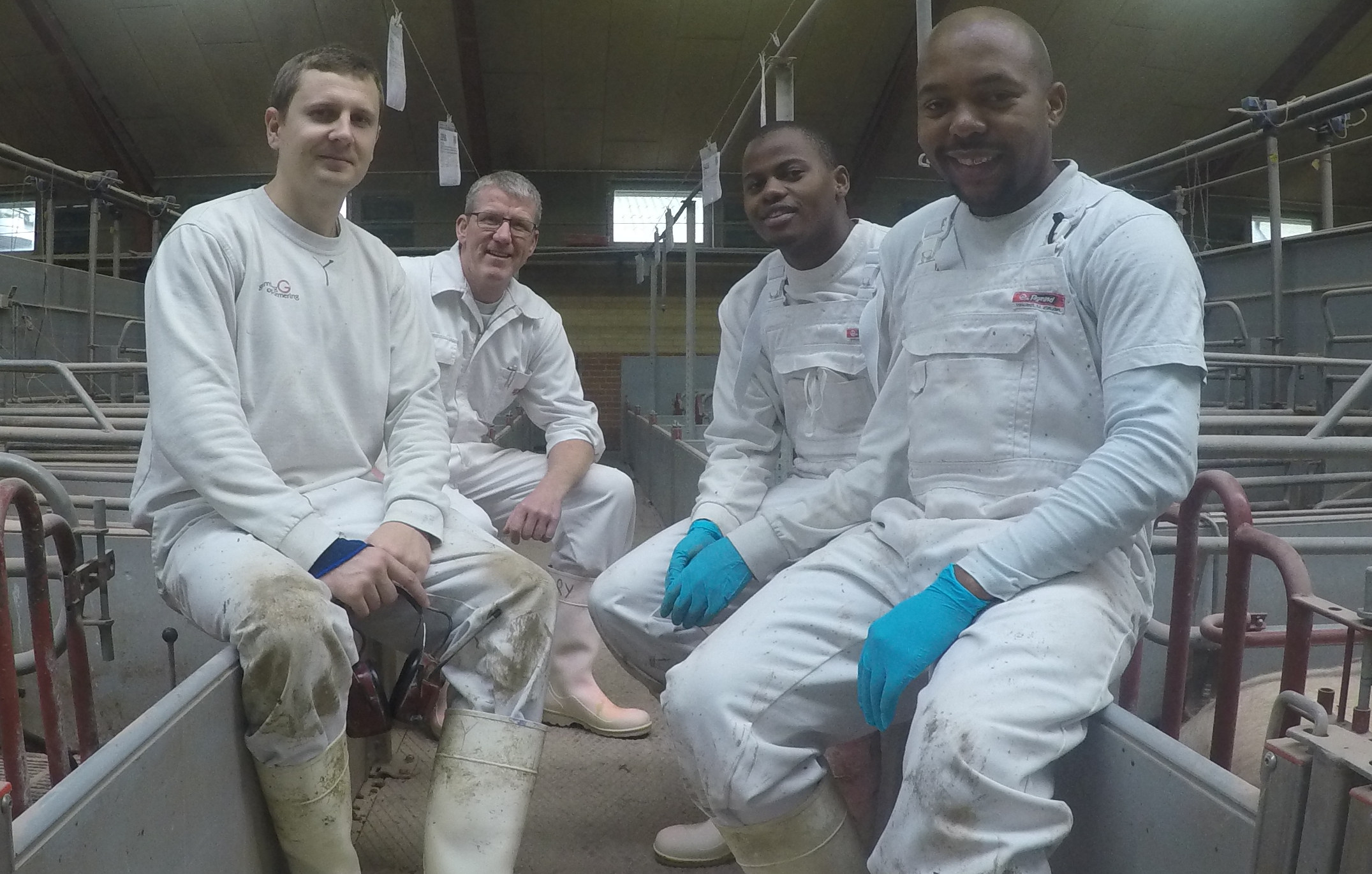
SAID ABOUT DALUM ACADEMY OF AGRICULTURAL BUSINESS
“The knowledge and skills imparted in each of us have opened our eyes to the world of opportunities available to develop and start something new, which can have a positive impact on South African agriculture. One of the most valuable lessons was character education.”
– Nokukhanya Zamazwide Nxumalo
“The programme brought a lot of change in my life, both professionally and personally. The programme made me understand what leadership means. I really appreciate the programme as it played a big role in the person I am today.”
– Thembelihle T. Ngiba
“We see that participating farms and companies increase the production significantly when cooperating with us.”
– Eric Wanscher
“There is a reduction in piglet mortality by up to 50 per cent on the participating farms and an overall reduction in medication use.”
-ATRI, Taiwan
“We see that our customers increase production results and acknowledge the need for education and training – not only production hardware.”
– Bjarne K. Pedersen, CEO Danish Farm Design
“Operating in Asia, South America and Africa, each programme is tailor-made to transfer the knowledge relevant and applicable to the individual region.”
– Eric Wanscher
FACTS
- Founded in 1886, Dalum Academy of Agricultural Business (DAAB) is Denmark’s largest and oldest agricultural college.
- For Danish students, Dalum Academy of Agricultural Business offers a full range of agricultural courses, from the basic Farm Assistant to Skilled Farmer and the unique Management course, which is only offered at five academies in Denmark.
- For international students, Dalum offers a number of shorter courses in management, production and agriculture, as well as MBA agricultural programmes.
- Dalum has developed its international profile through a broad global network of farm enterprises, colleges, politicians and organisations. The school has helped develop vocational training systems in the Baltics and Eastern Europe.
Web: www.dalumls.com
Subscribe to Our Newsletter
Receive our monthly newsletter by email


